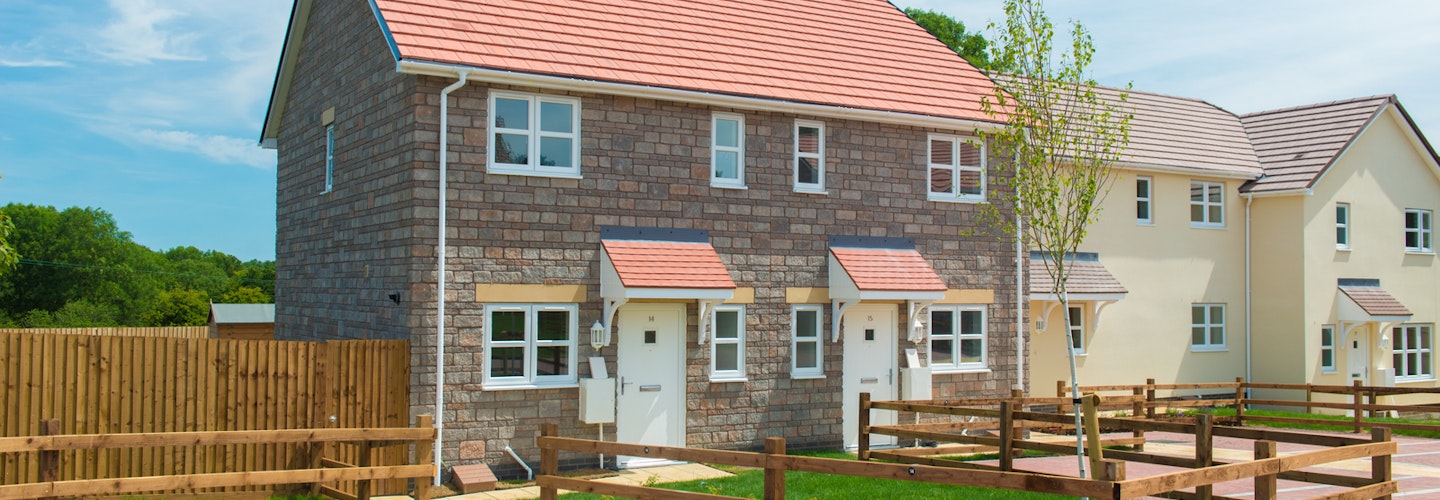
Your lease explained
Understand the contents of your lease, why it's important and view answers to top FAQs.
View moreAll the information you need to know as an Aster leaseholder.


Understand the contents of your lease, why it's important and view answers to top FAQs.
View more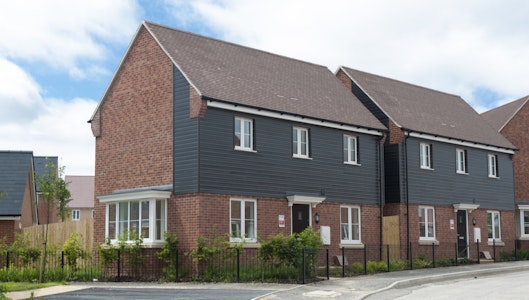
Learn about our service charges and view examples that may be relevant to you.
View more
Understand the different types of insurance required to protect your home and how to make a claim.
View more
Find out what your responsibilities are when it comes to fixing repairs in your home.
View more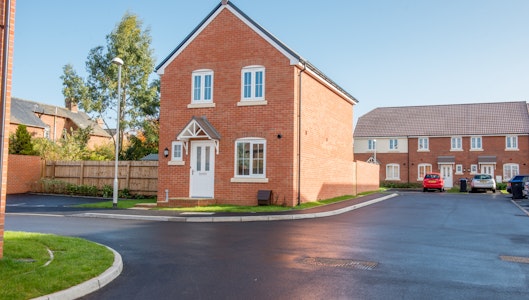
Learn more about the Right to Buy scheme, whether you are eligible and how to apply.
View more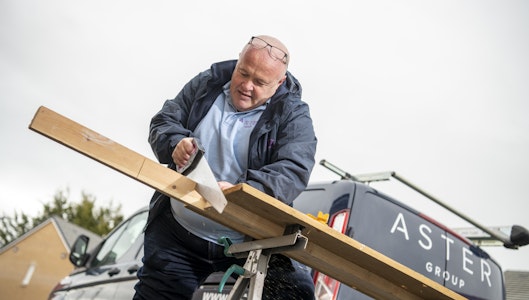
Check if you can make improvements or alterations in your home.
View more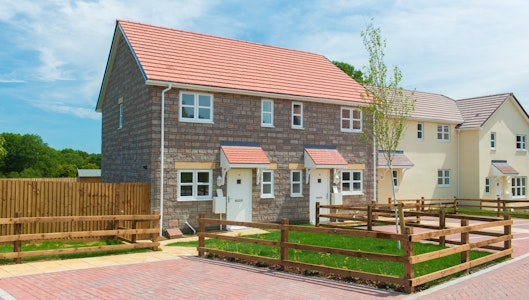
Find out all you need to know about selling or subletting your home.
View more
Find out how we can help if you're struggling financially.
View more
As a Leaseholder/Shared Owner, it falls under your responsibility to arrange an annual service for your boiler, with an engineer who is registered as Gas Safe.
View more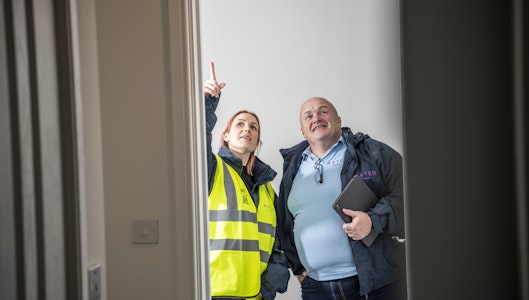
Advice on general fire safety, fire safety for blocks of flats, and other health and safety advice.
View more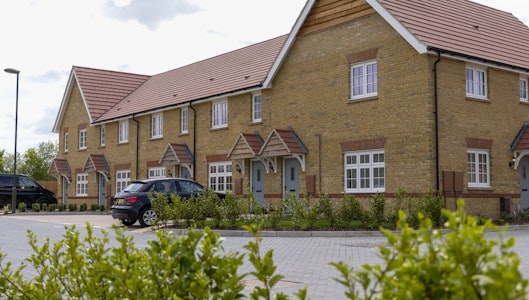
Information on EWS1 inspections and what this means for tenants living in multi-story buildings.
View more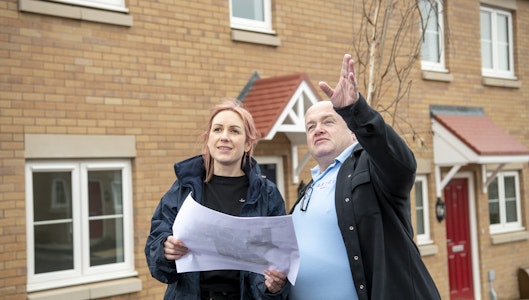
Find out about major works, what this includes and how it may affect your lease.
View moreNot all leases allow for pets. If you want to have a pet you must contact us first to request permission. We will check the terms of your lease and if permission is granted you will be responsible for your pet and for making sure it does not cause a nuisance. Permission can be withdrawn which could mean you have to rehome your pet.
Your lease will detail any parking space that is part of your property or a space that you have the right to use. Many leases do not allow for the parking of commercial vehicles or caravans.
This will depend on what it says in your lease, however shared ownership leases do not allow subletting. For more information, please visit selling or subletting your home.
Your lease is a legal document. Sometimes your circumstances may change and you will need to notify us of these changes. There can be a difference in legal requirements between those of a shared owner and a leaseholder. Your homeownership officer will be happy to discuss these with you.
Marriage
We will need to see a copy of the marriage certificate to update your name. If you wish your partner to have responsibility for the lease and mortgage you will need to consult a solicitor. If you would like your partner to be able to deal with your account or repairs in your absence you can request a data sharing permissions form from us.
Separation
We can log this information for you. You will need a correspondence address and contact information for the partner who has left. Until their name is legally removed from the lease they will continue to be responsible for any financial liabilities and anti-social behaviour issues at the property.
A Notice of a Change of Title to add or remove a person will need to be completed via your solicitor.
Change of name
You will need to supply a copy of the deed poll.
Death
We will need a copy of the death certificate. We need to establish the type of lease held (sole, joint, tenants in common) and therefore may need to ask questions. We understand this is a very difficult time but to make sure we meet the legal requirements we do have to be sure we have the right information from you.
Remortgage:
If the remortgage relates to a leasehold property we need a Notice of Mortgage prepared by your solicitor.
These are just some of the changes you will need to tell us about. If in doubt please contact your homeownership officer who will be able to advise you.
You may have the right to extend your lease. This means that you can pay to increase the length of term your lease runs for. For example if you have 70 years remaining on your lease you may want to increase it. Typically the longer the term of the lease, the higher the value of your home. There is a legal process you must follow and there will be a charge for extending your lease, you will also need to get advice from a solicitor.
For more details on the process please contact your home ownership officer.
If you live in a flat you and the other leaseholders in your block may have the right to buy the freehold (the actual building) of the block as a group. This is known as collective enfranchisement.
To qualify you, and the building your flat is in must meet all of the following conditions:
• The block must have two or more flats in it
• No more than 25% of the floor area inside the building must be used for non-residential purposes e.g. as a shop or office
• At least two thirds of the flats in the block must be owned by leaseholders
• At least half of the leaseholders must want to buy the freehold.
These details are a rough guide only. Please take legal advice if you and the other leaseholders in your block are interested in purchasing the freehold.
It is possible for some conditions of the lease to be changed. This is called varying the lease. One reason for doing this would be to bring different leases for properties in the same building into line. You will need to pay legal and administrative fees to get this done.
For more details on the process please contact your home ownership officer. If you decide to go ahead you will need to get advice from a solicitor.
If you break a condition of your lease we can take action against you. This can include action through the courts. In some situations we can ask the courts to make an order for forfeiture which means your lease could be terminated and you would lose your home.
